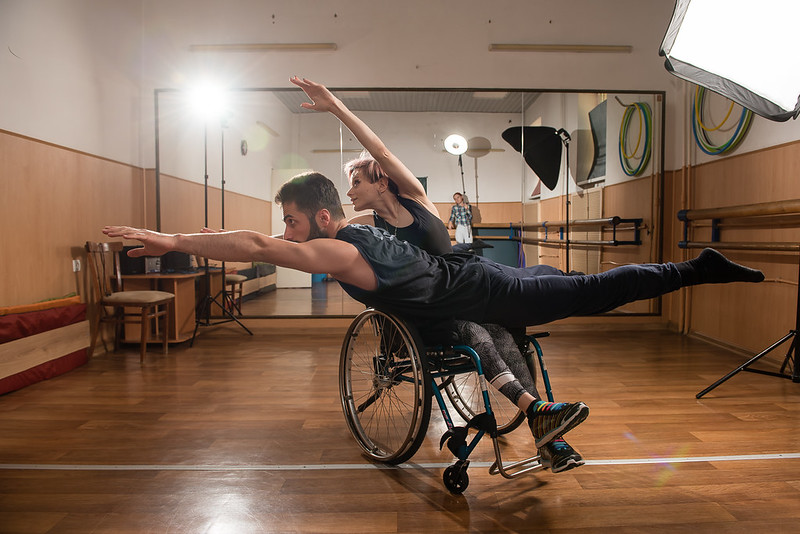
Working with journalists: 5 tips for cultural managers
Some things to pay attention to when dealing with journalists, and what to avoid:
- Mysteriousness or “you will come to the such and such event, see it and your mind will be blown”: talking in terms of strict secrecy takes a couple of minutes. And it’s the best way, well… to never see the journalist again. There’s simply no time nowadays to “lift or draw the curtain”: there’s just so much happening around… It’s not the “bait” that viewers will take. Besides, journalists are also likely to find someone more open to talk to, even if his or her project is not as great as yours. If you’ve announced you’ll be talking about the project, then don’t be shy and don’t pretend to be a secret agent! Leave these games to children.
-
Professional jargon, many terms unknown to the average person: if, of course, this talk is not aimed at a narrow section of the public, but rather a broad audience, there’s only one way: practice. Talk about your project in such a way that would appeal to a grandmother and a student alike. Don’t count on the journalist to somehow lead the conversation: he or she may not be proficient in the topic (what if it’s an intern?), and then your announcement is heading straight for failure. All you’ll have left is lamenting and wailing “We don’t have real journalism!” Think of your appearance/interview as a fully-fledged job.
-
Highlights in your speech: It may be some bright moment in the project, a quirky story, unexpected metaphor or simply your emotionally-charged speech. Think about it in advance. In the media (and especially on radio) there’s nothing worse than lifeless babble. Besides, you’re working for the future: the media will remember an exciting interlocutor and keep you in mind for the future. If you appear in the media often, take a couple of public speaking classes, work with your diction. Don’t be afraid of improving.
-
A good material in the media is always the result of collaboration: Don’t be lazy. Offer your materials actively: good quality photographs, audio or video excerpts, help the journalist involve additional participants in the conversation, give hints on the angle of the story… You have more extensive information, and journalists cannot read minds. “The more you ask for, the more you’ll get”, works in the other sense too: “The more you offer, the more they publish”.
-
Feedback on a published article or a recording: live does not end after the “live” button has been switched off. Journalists usually care to know what you think about working with them. Sometimes communication with an interesting person turns into a series of programs/publications. Besides, next time you won’t have to go to the editor or the receptionist, but rather contact directly the journalist with whom you’ve established personal contact.




